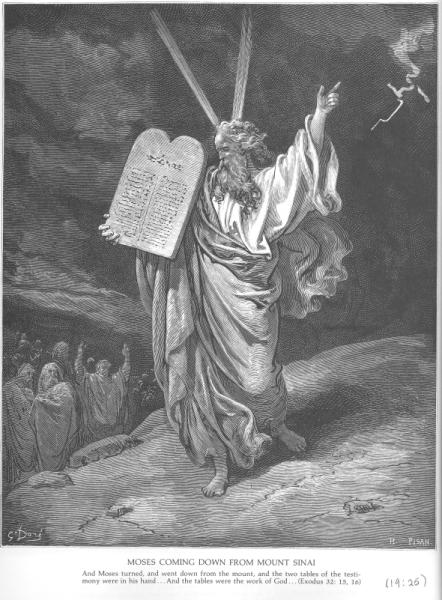Doctrine and Morality
Doctrine
Lutherans believe that the whole of Christian doctrine is taught in the Holy Scriptures, the Old and New Testaments of the Christian Bible. However, we have also committed ourselves to various confessions of the Christian faith, confessions that we believe are a true exposition of the Holy Scriptures. These confessions are collected in the Book of Concord of 1580. A good starting place to explore the Book of Concord is Martin Luther’s Small Catechism, and this serves as the most widely used summary of Lutheran Christian doctrine throughout the world.
Nicene Creed
For a concise presentation of our beliefs, we offer the Nicene Creed, an ancient statement of the Christian faith from the Fourth Century A.D.:

I believe in one God,
the Father Almighty,
maker of heaven and earth
and of all things visible and invisible.
And in one Lord Jesus Christ,
the only-begotten Son of God,
begotten of His Father before all worlds,
God of God, Light of Light,
very God of very God,
begotten, not made,
being of one substance with the Father,
by whom all things were made;
who for us men and for our salvation came down from heaven
and was incarnate by the Holy Spirit of the virgin Mary
and was made man;
and was crucified also for us under Pontius Pilate.
He suffered and was buried.
And the third day He rose again according to the Scriptures
and ascended into heaven
and sits at the right hand of the Father.
And He will come again with glory to judge both the living and the dead,
whose kingdom will have no end.
And I believe in the Holy Spirit,
the Lord and giver of life,
who proceeds from the Father and the Son,
who with the Father and the Son together is worshiped and glorified,
who spoke by the prophets.
And I believe in one holy Christian and apostolic Church,
I acknowledge one Baptism for the remission of sins,
and I look for the resurrection of the dead
and the life of the world to come. Amen.
Morality
We believe that God’s moral requirements are universal and knowable by everyone (Romans 2:15), and they are epitomized by these words of Christ:
And he said to him, “You shall love the Lord your God with all your heart and with all your soul and with all your mind. This is the great and first commandment. And a second is like it: You shall love your neighbor as yourself” (Matthew 22:37-39 ESV). However, God has also given the Ten Commandments as a summary of His requirements for human life:
The First Commandment.

Thou shalt have no other gods.
The Second Commandment.
Thou shalt not take the name of the Lord, thy God, in vain.
The Third Commandment.
Thou shalt sanctify the holy-day.
The Fourth Commandment.
Thou shalt honor thy father and thy mother [that it may be well with thee and thou mayest live long upon the earth].
The Fifth Commandment.
Thou shalt not kill.
The Sixth Commandment.
Thou shalt not commit adultery.
The Seventh Commandment.
Thou shalt not steal.
The Eighth Commandment.
Thou shalt not bear false witness against thy neighbor.
The Ninth Commandment.
Thou shalt not covet thy neighbor’s house.
The Tenth Commandment.
Thou shalt not covet thy neighbor’s wife, nor his man-servant, nor his maid-servant, nor his cattle, nor anything that is his.